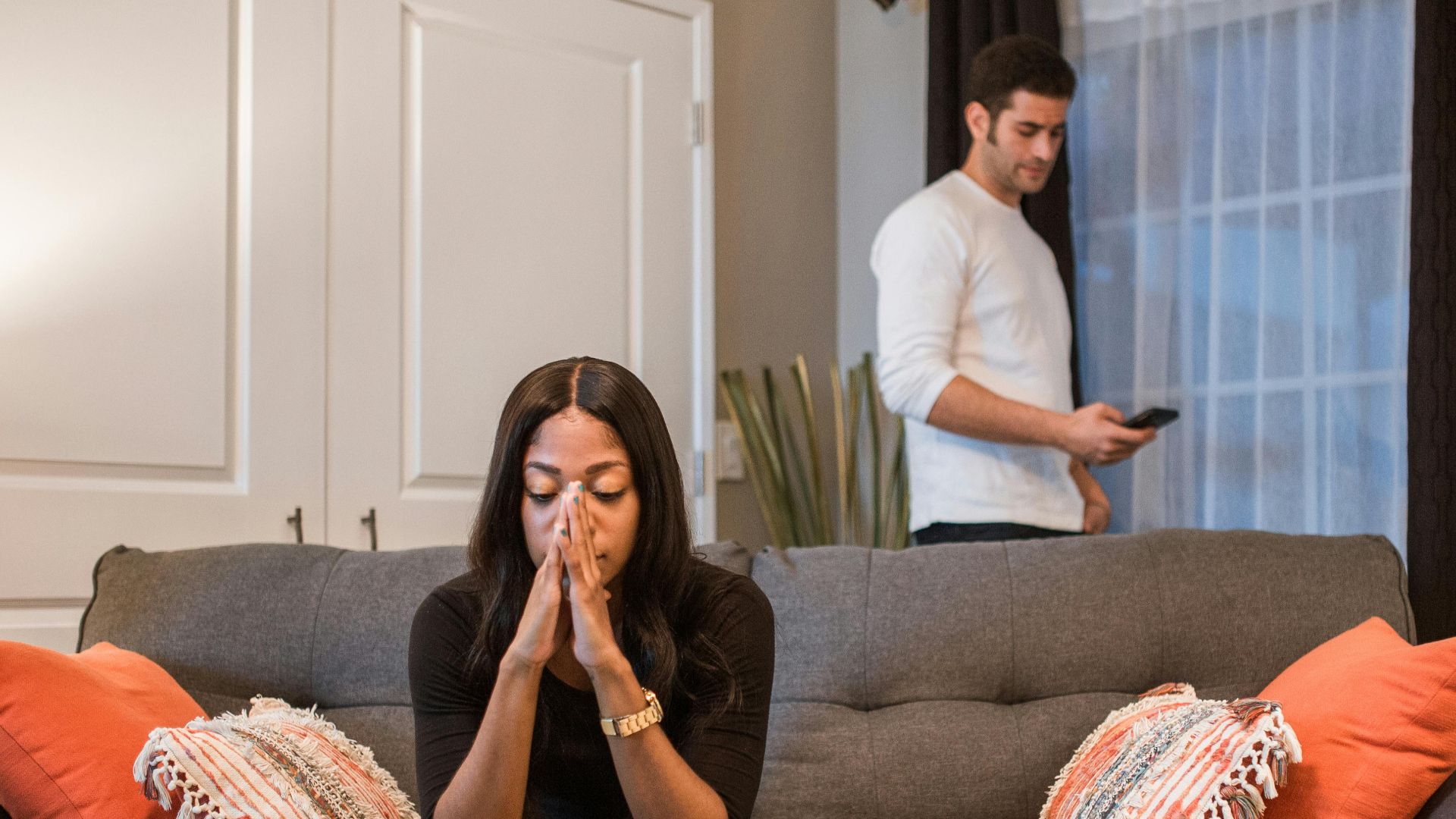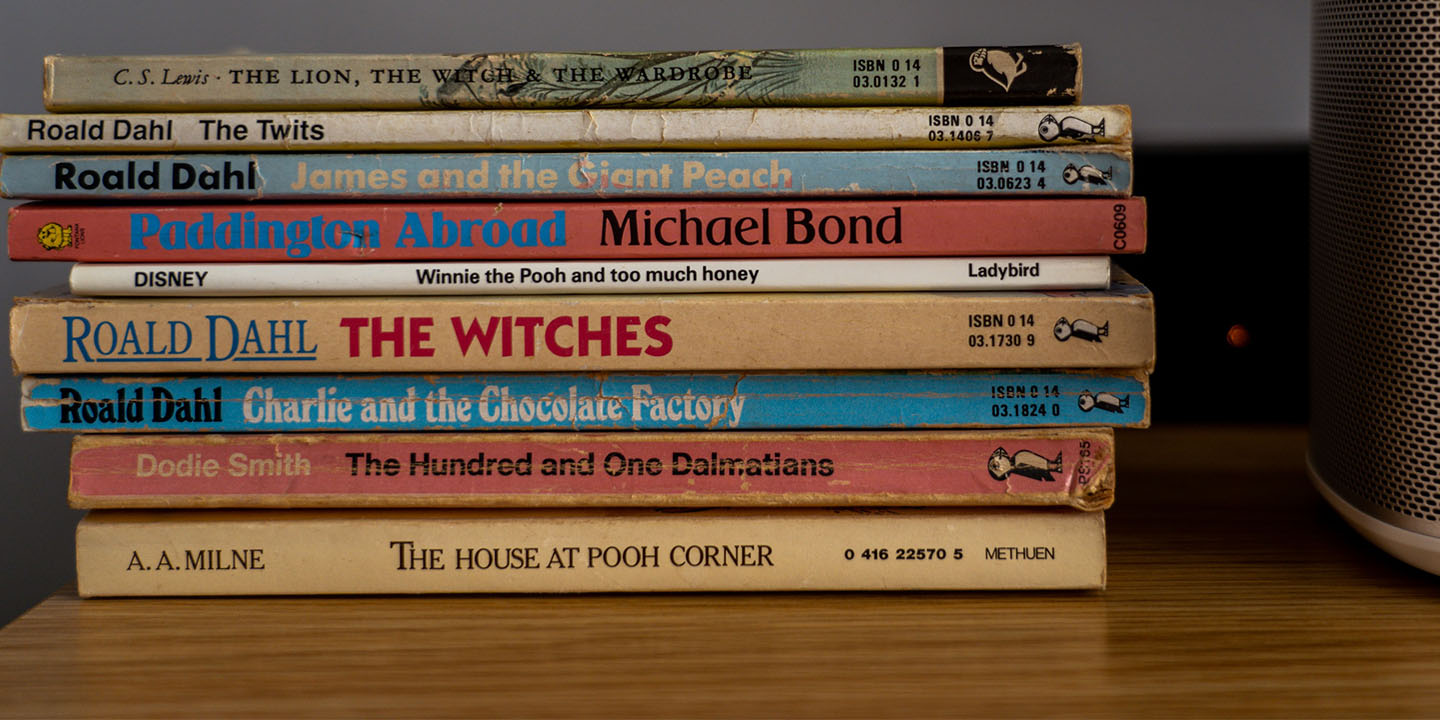Matters of the Heart
You may think you’re being a great partner, after all, you’re quick to forgive and you buy them plenty of gifts. But what if in reality, the nice things you do are actually tearing your relationship apart? Here are 20 things you may think are helping your partner, but in reality, are only hurting your love.
1. Criticism
Giving your partner critiques can be a good thing in certain instances. They might be positive or constructive and actually useful. However, it is very easy to cross the line into toxicity, especially if it is done constantly.
2. The Scoreboard
You might think that keeping score of who does what keeps the balance and fairness in a relationship. This can easily come across as a competition instead of teamwork. Nobody wants to feel pressured, and you shouldn’t be doing things for your partner just so that they do something back.
3. Lack of Personal Space
Being always around and constantly wanting a hug or a snuggle can be too much sometimes. Lack of personal space is a big issue and can be smothering at times. Assessing the situation is important; alone time can be a healthy thing.
4. Agreeing on Everything
You might think that agreeing with your partner on everything is a good thing. It might, however, come across as you not having your own identity or choices. Having your own opinion is very important and can even lead to some interesting discussions.
5. “Testing” Your Partner
Testing your partner in the sense of pushing their buttons, boundaries, or even causing a very uncomfortable situation just to see their reaction is a very toxic thing in a relationship. You might think you are affirming their love or devotion to you, but in reality, it is weakening your relationship and trust.
6. Sacrificing Personal Goals
Lots of people make sacrifices for their partner. But there is a limit to how far you should go before they lose respect for you or think you lack ambition. Having personal goals is extremely important in their eyes, as that means you are thinking about the future, trying to better yourself, and making them feel more secure.
7. Being Forgetful
Forgetting a thing here and there is not the end of the world. Constantly forgetting anniversaries, birthdays, or something as simple as forgetting something they asked you to do for them can be very draining. It shows that you don’t really pay attention or care about what your partner tells you.
8. Dependence
Depending too much on your partner in any way can feel like a burden. It might be cute at first, needing their love, affection, time, and attention. But after a while, it turns into a strain on the relationship.
 Jasmin Wedding Photography on Pexels
Jasmin Wedding Photography on Pexels
9. Taking Control
There are some situations where taking control is cute or even welcome. A quirky thing like ordering for them at a restaurant outing can show you are attentive to their favorite foods. But making every decision for them can feel like you don’t really listen or care about their choices and needs.
10. Ignoring Boundaries
Boundaries are one of the most important things in any relationship. They build mutual respect and trust between you. Disregarding them can make your partner feel insecure, smothered, or just very uncomfortable.
11. Jealousy
Being a little jealous can be cute. But being jealous about everything comes across as insecurity and lack of trust in your partner. Having trust in one another is the best and healthiest foundation of any relationship.
12. Too Much Alone Time
Letting your partner enjoy some healthy alone time is a good thing. We all have days where we just want to disappear into our thoughts and our own little worlds. But taking too much alone time can make them feel like you don’t really like spending time with them and you prefer being alone over having them around.
 mikoto.raw Photographer on Pexels
mikoto.raw Photographer on Pexels
13. Doing Things Only On Special Occasions
Everyone loves a surprise, especially if it marks a special occasion. Birthday gifts and anniversary presents are almost expected in a loving relationship. But doing little things such as foot rubs, neck massages, or a Slurpee and snack run when it’s just a random, lazy Tuesday evening can strengthen your relationship.
14. Love Bombing
Everything in a relationship should be balanced. This includes showing your partner how much you love them. Too much affection, presents, or constant reassurance of your feelings can be smothering.
15. Keeping Tabs
When you or your partner go out without you, it is normal to ask where or who they are going with. Asking them to send you pictures from the place or calling their friends to check if they are actually there, however, destroys trust and builds resentment. Nobody wants to feel chained and surveyed.
16. Making Jokes at Their Expense
A playful joke or a jab at something they aren’t good at can be endearing. There is, however, a fine line between joking and insulting. If you know that your partner is feeling insecure about something or they are working on bettering themselves, try your best not to make jokes around those topics.
17. Being a Punching Bag
Being somebody’s punching bag can become toxic very fast. It’s one thing to give a shoulder to cry on or to show emotional or any other kind of support. Constantly and consistently using your partner as an outlet can be extremely stressful.
18. White Lies
White lies are always a bad idea, as what they don’t know can, in fact, hurt them. No matter the size, a lie is a lie. Honesty is key in building a strong, healthy, and happy relationship.
19. Conditional Affection
If you need a reason to show affection to your partner, you might be doing it all wrong. Conditioning your love based on whether they did something for you or bought you a gift that day is at the top of the list of toxic behaviors in a relationship. Love and affection should be unconditional, which will make your partner feel safe, valued, and most likely give the same affection back.
20. Sticking Around
Staying in a relationship that damages you in many ways can be toxic for both sides. Not being happy or feeling the lack of love and security should never outweigh being alone. Sometimes leaving is the best option for both parties involved.


























